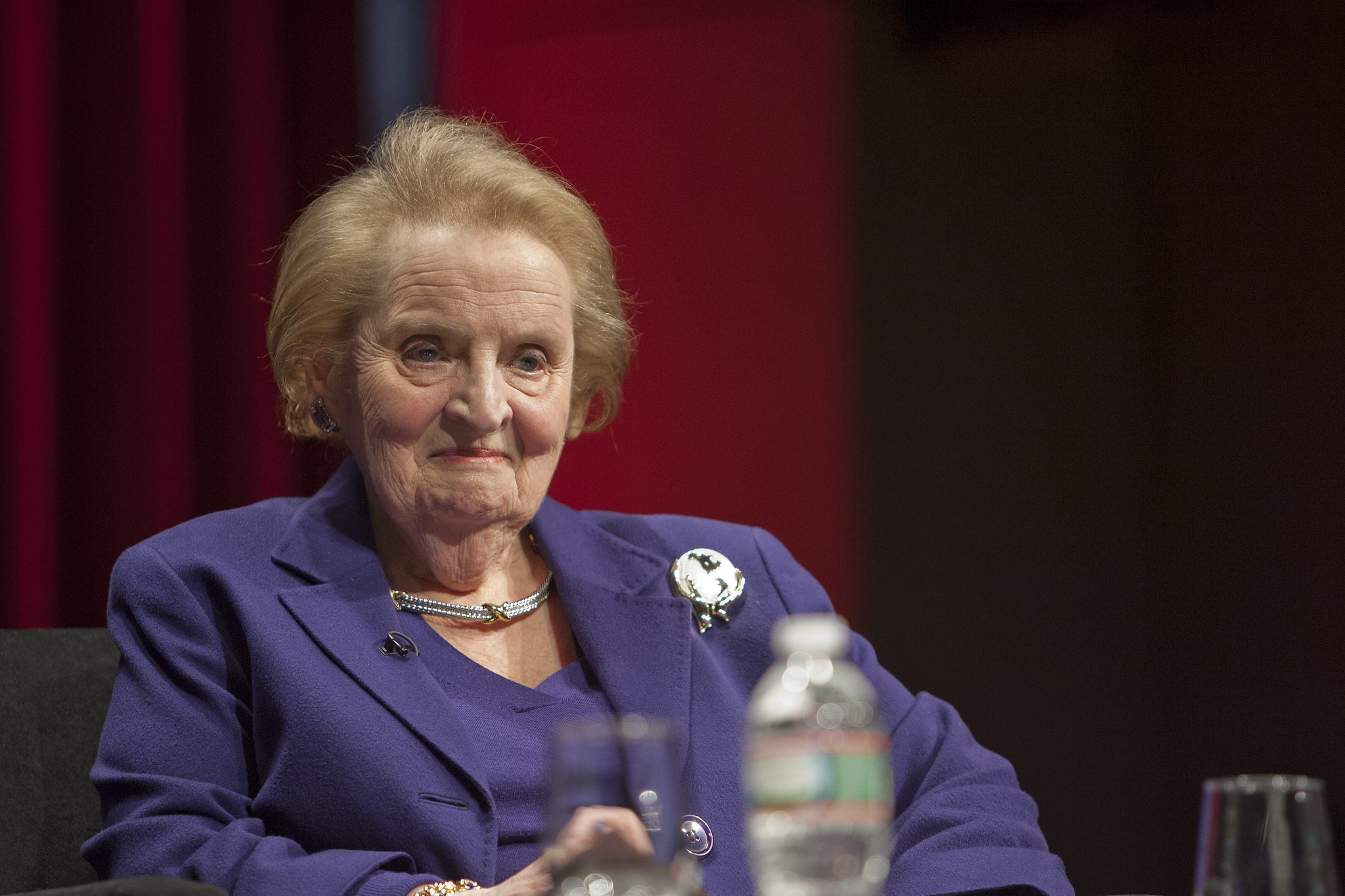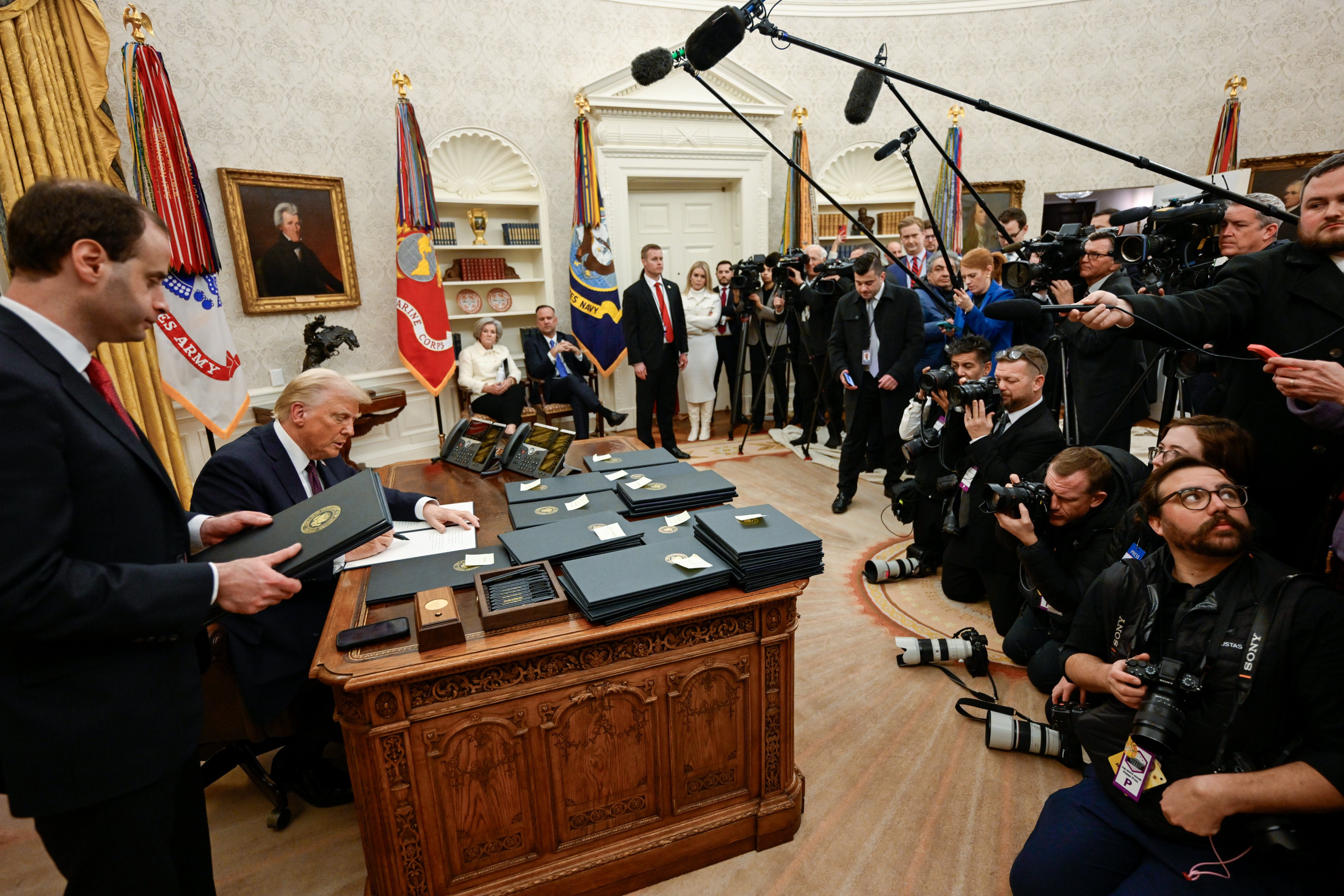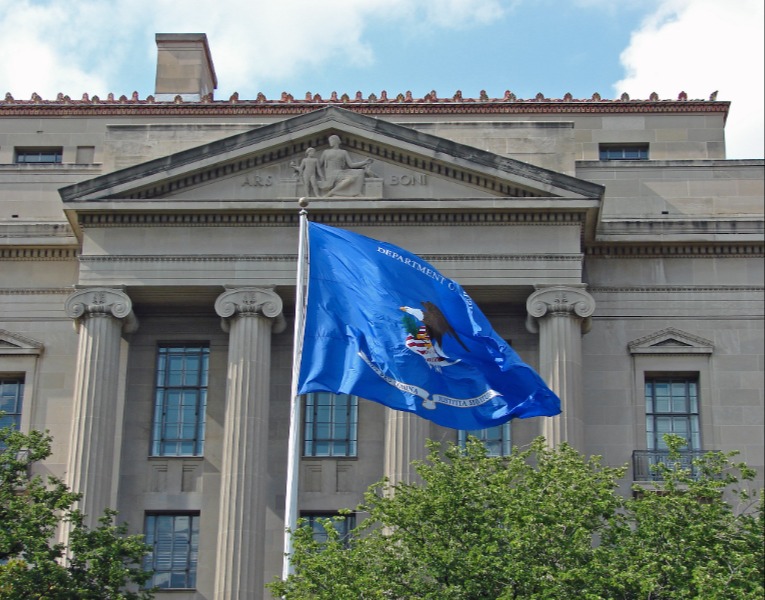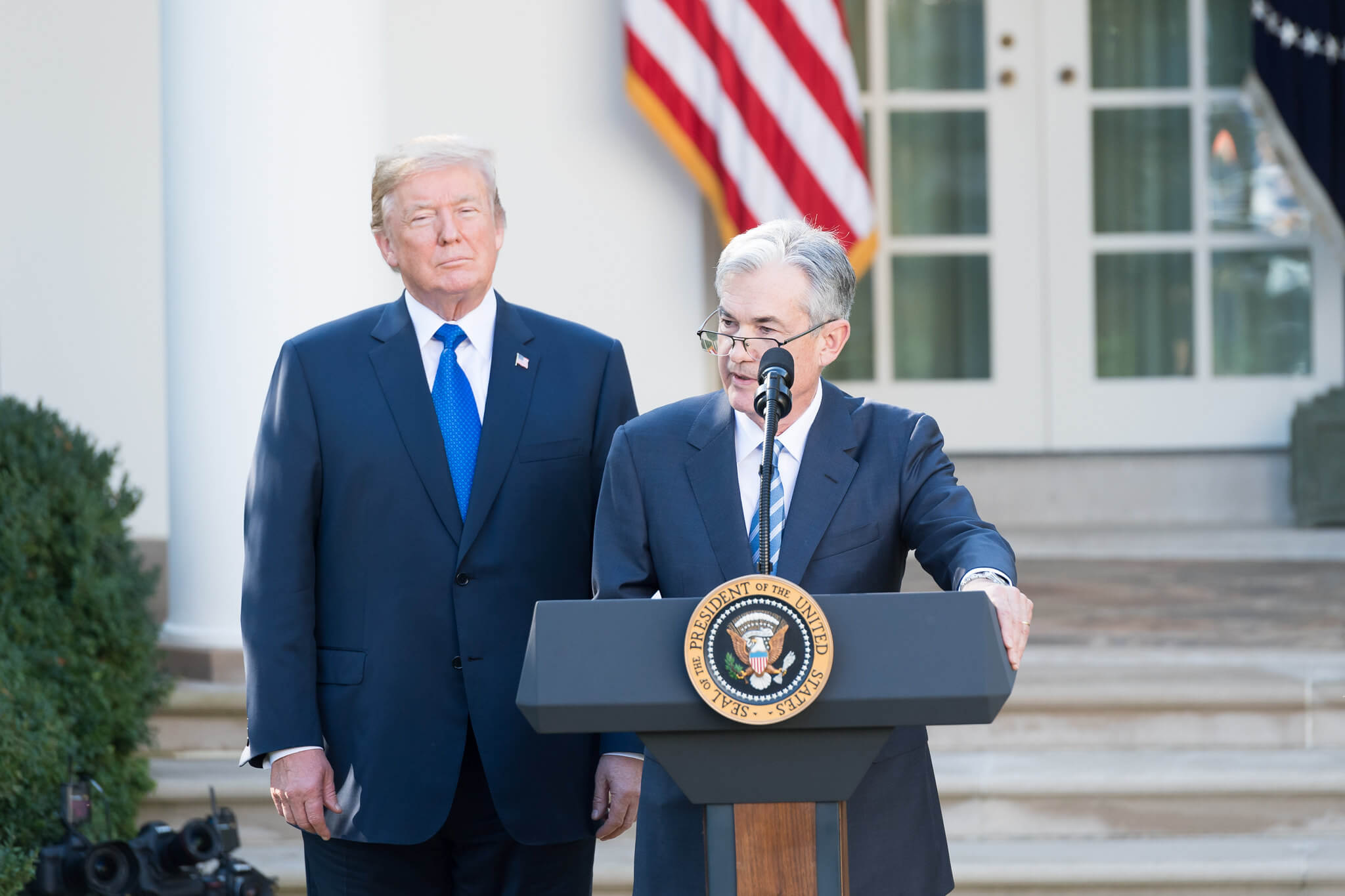Madeleine Albright and All the Women She Helped—Including Me
In memory of Secretary Albright.

Published by The Lawfare Institute
in Cooperation With

“There’s a special place in hell for women who don’t help other women.”
The classic Madeleine Albright line—which she used hundreds of times and often to rapturous applause—got her in trouble exactly once. The unfortunate context was a speech in 2016 in which Secretary Albright was supporting Hillary Clinton for president, and the comment was taken to mean that the mere fact that Clinton was a woman should suffice as the reason to vote for her. Although she wrote a heartfelt apology for having used it in the wrong context, I fear the phrase will be most remembered from that moment.
That would be a shame. Because in my mind, the real meaning of the phrase is a defining part of Secretary Albright’s legacy. It encapsulates the story of who she was to so many women—including me.
Given Secretary Albright’s particular brand of glass ceiling-shattering, she was understandably talking about women, but her maxim applies equally to any member of a community that has traditionally been shut out of elite spaces. Her point was that if you make it in, you have not just the opportunity but also the responsibility to help others in your community try to do the same.
Tributes to Secretary Albright’s professional accomplishments are everywhere these last few days since her death, and rightfully so. She had a profound impact on world affairs, national security, diplomacy, and Americans’ understanding of foreign policy. She was a consummate public servant. She was a brilliant, prescient analyst. She was also, as many homages are pointing out, a symbol of hope to people who never met her, especially to refugees and to women.
But to many, her influence was deeply personal: she helped multiple generations of women find their way into the often exclusionary space in which national security and foreign policy is made. I am one of those women.
I was 23 years old when I started working as Secretary Albright’s executive assistant. I was not young enough to share her granddaughter’s vantage point: “What’s the big deal about Grandma Maddy being Secretary of State? Only girls are Secretary of State.” But I had watched her ascend to that position when I was a teenager, an age where I was old enough to have recognized the momentousness of a woman’s becoming secretary of state, but still young enough to have said once while watching her on the news, my parents report, “I want to be like her,” without feeling it an impossible prospect.
That job changed the course of my life. When I was invited to interview, I had just received a fellowship to work with a women’s legal aid organization in India. I was sure I was going until I met Secretary Albright. She was wearing bright red heels and a ladybug pin, and she launched right into substantive questions about my undergraduate thesis. Then we chatted about human rights, democratization, and economic development for a little while, before shifting to more standard interview questions. Remember that this was for what was largely an administrative, not a substantive, job. I knew when I walked out of the room that I was not saying no to this opportunity.
Even in that first meeting, she talked about her commitment to helping women. As I later learned, that commitment manifested itself in a number of different ways. She told her story frequently—in books, speeches, and other public appearances, but also more personally in private settings—and made a point of describing just how impermeable the glass ceiling had been and, more importantly, how she got through it. It was a way to promote women by sharing advice.
Two of my favorites: First, when U.N. delegations started complaining that she was spending too much time talking to the other women ambassadors, she suggested they simply appoint their own woman ambassador. (Lesson: don’t be shy about championing women, and don’t let someone tell you it shouldn’t be a priority.) Second, her stories about her finding her voice, like realizing, while sitting as the first woman behind the placard labeled “United States of America,” that if she waited quietly while others had their say, no one would be speaking for the United States. (Lesson: if you’re at the table, speak up.)
Then there was her mentorship of women in the national security and foreign policy community. It wasn’t only that she found opportunities for them and endorsed them to those in positions of influence. She also had meetings with them. And lunches. And phone calls. And breakfasts and coffees and dinners. Sure, everyone who knew her well noticed this about her. But I venture to say that only someone responsible for keeping her schedule and call sheet can truly appreciate just how much effort went into it. She had a lot of competing demands on her time; she once told me that even at her age, she couldn’t decide what she liked best, so she just did everything. But mentoring the next generation of leaders in national security and foreign policy was a major priority for her. I learned quickly that if something needed to be pushed from an overbooked schedule, it shouldn’t be one of those commitments.
Many of the women Secretary Albright mentored this way are indeed in positions of leadership today. Many others are next in line.
Then there was another kind of mentorship—the kind she gave me. It was quieter, but no less intentional. A staffer does her job best when everything runs so smoothly, and the principal is so prepared, that no one notices her. So that was me all those times, on the side, trying to be invisible. But I was never invisible to Secretary Albright. “Come to this meeting with me,” she would say. Not because she needed me there, but because she understood that there was no greater education than simply watching and learning in those rarified spaces. Then, afterward, she would ask me: “what did you think about …” (Recall that I was 23 years old at this point, with no real foreign policy experience to speak of, and that she was the former U.S. secretary of state.) And then it was on to the next thing, because she had boundless energy and all of the activities to match it.
I spent two years at her side, getting to know her world—a world she not only inhabited, but had largely built herself. By the time I left for law school, I had incontrovertible proof that women were an integral part of the national security community. And that I could belong there if I wanted to. No one and nothing will ever convince me otherwise.
To me, that was Secretary Albright’s most powerful way of helping women. She was not going to hold your hand and coax you forward. But she was going to prop open the door, and she was going to inspire you to have the confidence to grab the handle and walk through it. And if you made it in, even part of the way, you damn well better hold that door open behind you.





